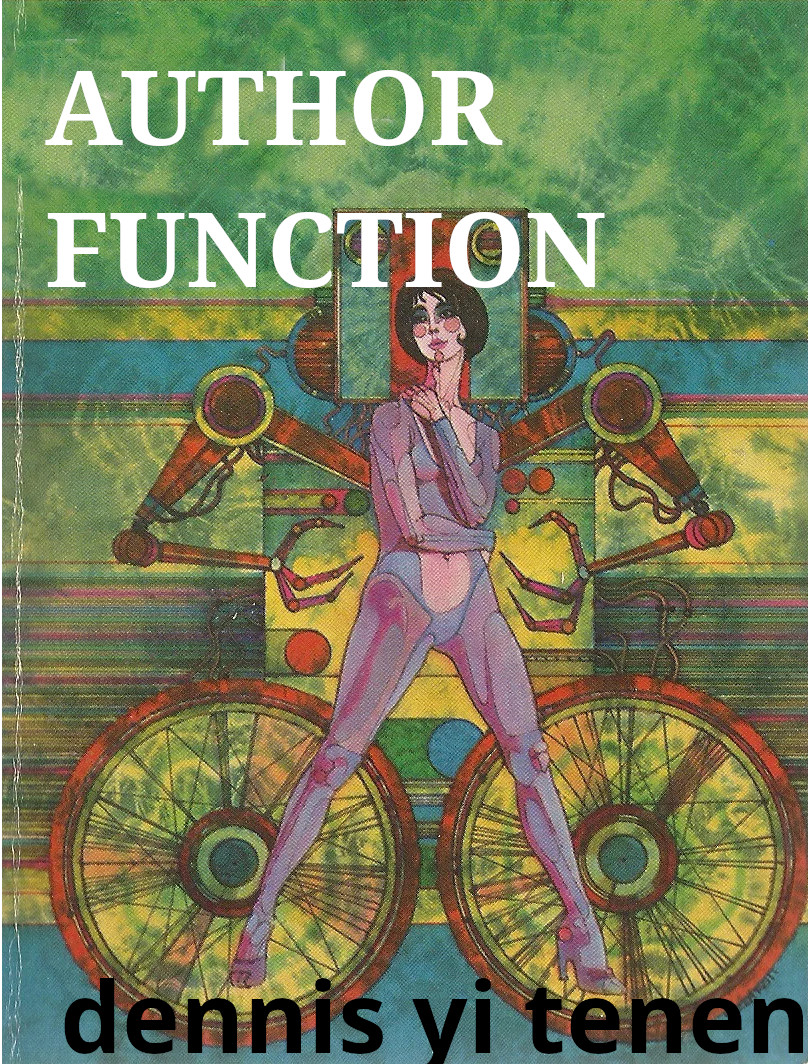Author Function
Chicago UP, ETA 2024
I hold these truths to be self-evident then, that barring solipsism, a writer’s mind is full of other people’s ideas: quotes, idioms, devices, styles, structures, and formulas. Whatever its inner, cognitive dynamics—fade in circulation. Authorship undeniably becomes a social craft as soon as thought leaves brain. A delicate operation, the extraction commands sophisticated instruments. For most contemporary authors today, writing employs word processing, a treatment, which like food processing, implicates the practice of industrial, as opposed to artisanal, manufacture.
More radically, the function of authorship can be and is often delegated to automated agents. Smart tools like spell checkers, grammar correctors, word and sentence completors, among other forms of “intelligent” assistants crowd a writer’s desktop. Microsoft Editor, to quote one of the most popular of these, “runs in Word to analyze your document and offer suggestions for spelling, grammar, and stylistic issues, like making sentences more concise, choosing simpler words, or writing with more formality” [@microsoft_support_check_2023]. At the yet farther end of the automation spectrum we find authorial agents that seem to operate autonomously, independent from immediate human input.
I write “seem,” “immediate,” and put “intelligent” in scare quotes because much of the contemporary hype surrounding artificial intelligence (AI) promotes a pernicious theoretical fallacy. The very association of words, artifice and intellect, conjures an obverse natural quality, somehow extant in its unencumbered state. You’ll be pained to find that creature in the wild. Whatever our natural capacities, we usually know—learn, think, reason—with assistance. I understand, for example, what planets are, roughly, in my head. But press me on any detail and I will reach for a reference. Most things I know, I know in the sense of wielding the complex techniques of knowing, techniques that include methods for searching, retrieving, and processing information outside of my bodily confines. Ordinary intellect thus already routinely implicates artifice. It rarely dances alone. More than private faculty of mind, it constitutes an immersive corporeal performance, extended socially and instrumentally, embodied and embedded tightly into its environment. Much of what I know points to what we know—very little of it I, me, mine.